What is the First Home Buyer Choice Scheme?
Under the First Home Buyer Choice Scheme, first home buyers purchasing a new or existing home for up to $1.5 million will have the choice to either pay the stamp duty upfront or an annual property tax. A first home buyer purchasing vacant land on which they intend to build a home for up to $800,000 will also have the choice of either stamp duty or an annual property tax.
First home buyers will continue to be eligible for first home buyer stamp duty exemptions and concessions.
When does the Scheme come into effect?
The Property Tax (First Home Buyer Choice) Act 2022 will take effect from 16 January 2023.
There is a transitional period before 16 January 2023, when eligible first home buyers will have to pay stamp duty but can then apply for a refund of the duty after 16 January 2023.
General Commencement: Contract of purchase signed on or after 16 January 2023
- Eligible first home buyers who sign a contract of purchase on or after 16 January 2023 and opt into property tax will not have to pay stamp duty.
- An application to choose property tax must be made before settlement.
- An application to choose property tax may be revoked by the applicant if the applicant makes an application to the Chief Commissioner for revocation before settlement.
- After settlement, a property cannot be opted into or out of property tax.
Transitional Period: Contract of purchase signed between 11 November 2022 and 15 January 2023
- Eligible first home buyers who sign a contract of purchase between 11 November 2022 and 15 January 2023 will also be able to choose the property tax.
- For this group, applications to choose the property tax can be made at any time between 16 January 2023 and 30 June 2023.
- If settlement occurs on or before 15 January 2023, they will need to pay stamp duty, and then will be able to apply to Revenue NSW for a refund of the stamp duty from 16 January 2023. Once Revenue NSW processes the application, the decision to choose property tax cannot be changed.
- If settlement occurs on or after 16 January 2023 and they have chosen property tax, they will not need to pay stamp duty.
- First Home Buyers that are thinking of buying during the transitional period do not need to do anything differently, but they can purchase knowing that from 16 January they can opt-into the First Home Buyer Choice.
Off-the-plan purchase contracts signed on or after 11 November 2021 which settle on or after 11 November 2022
- Eligibility to choose property tax depends on the legal date at which stamp duty liability arises.
- For properties that are purchased off-the-plan and used as a principal place of residence, liability for stamp duty arises at the earlier of (a) 12 months after the contract is signed or (b) when settlement occurs.
- First home buyers who signed an off-the-plan purchase contract on or after 11 November 2021 which settles on or after 11 November 2022 can apply for the property tax.
- For off-the-plan purchase contracts signed on or after 11 November 2021:
- If settlement occurs between 11 November 2022 and 15 January 2023, first home buyers will need to pay stamp duty and then they will be able to apply to Revenue NSW for a refund of the stamp duty. Applications to choose the property tax can be made between 16 January 2023 and 30 June 2023. Once Revenue NSW processes the application, the decision to choose property tax cannot be withdrawn.
- If settlement occurs on or after 16 January 2023 and first home buyers have chosen property tax, they will not need to pay stamp duty.
Who is Eligible?
First home buyers, complying with the current First Home Buyer Assistance Scheme eligibility criteria, and the purchase price thresholds of:
- $1.5 million for properties with established homes; or
- $800,000 for vacant land.
will be eligible to choose the property tax.
Applicants must be individuals over 18 years old and must not be a company or trust.
The first home buyer and their spouse or partner must never have owned or co-owned residential property in Australia and never received a first home buyer exemption or concession.
The first home buyer must move into the new home within 12 months after buying the property and live there for a continuous period of at least six months.
Property Tax v. Stamp Duty
An online property tax calculator is available on, https://fhbcalculator.service.nsw.gov.au/ to assist in making the best decision depending on your circumstances.
In choosing between stamp duty and property tax. you should think about how long you are likely to hold the property, and the number of years you might have to pay the property tax if you choose that option.
If you are planning to hold the property for a long time, you might prefer to pay stamp duty. If you are planning to hold the property for a short time, you might prefer to pay an annual property tax.
First home buyers have the choice between stamp duty or property tax prior to settlement. Whatever choice is made, it cannot be changed after settlement. If a first home buyer chooses the property tax, they must continue to pay the property tax until they no longer own the property.
How can you apply for Property Tax?
An application to opt into property tax can be made through your solicitor or conveyancer from 16 January 2023.
For contracts entered into between 11 November 2022 and 15 January 2023, an application will need to be lodged with Revenue NSW to choose property tax, between 16 January 2023 and 30 June 2023. If stamp duty has already been paid on the purchase, it will be refunded if the application for property tax is approved.
How can a Property Lawyer help?
A property lawyer can guide you through the process of purchasing your first home, including the common pitfalls such as whether to purchase as ‘joint tenants’ or ‘tenants in common’ or the risks associated to buying off the plan. Contact our expert Property Lawyers today.
Important Disclaimer: The content of this publication is general in nature and for reference purposes only. It is current at the date of publication. It does not constitute legal advice and should not be relied upon as such. Legal advice about your specific circumstances should always be obtained before taking any action based on this publication.











